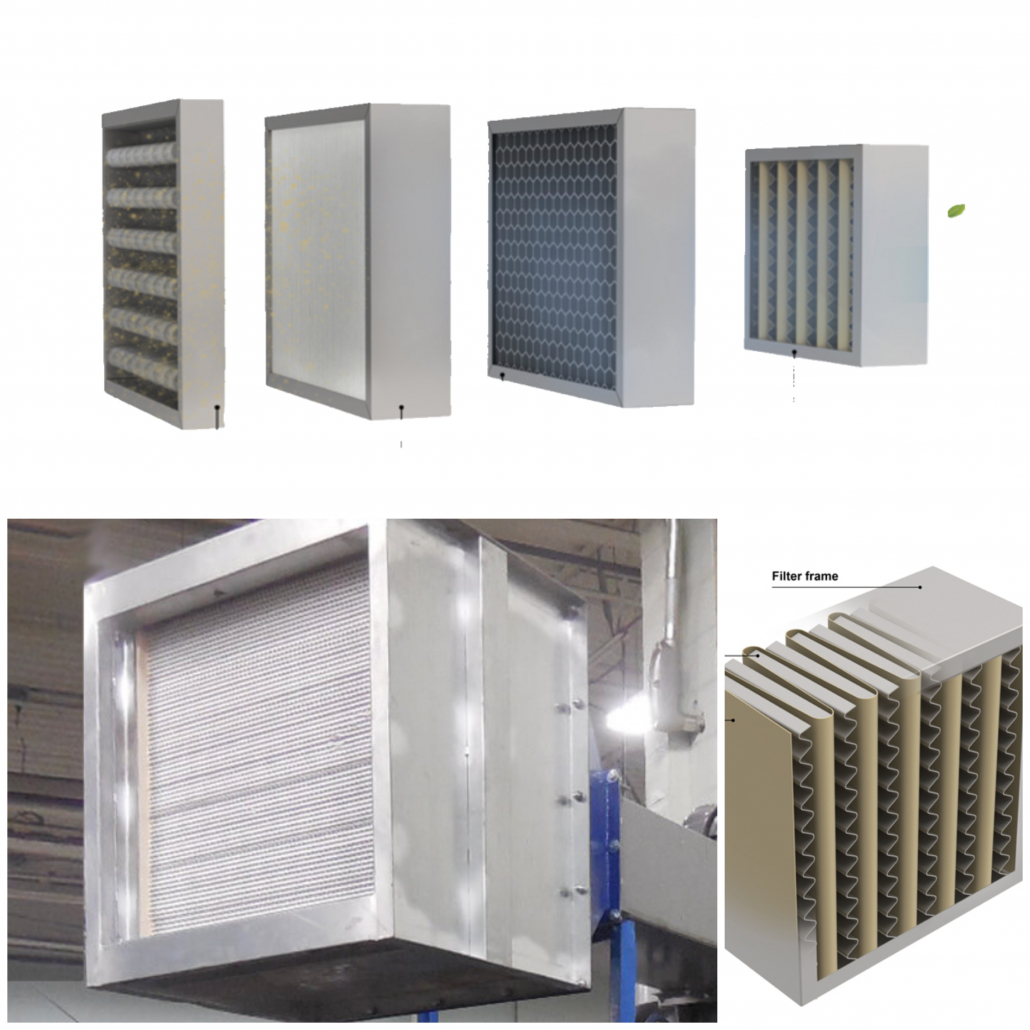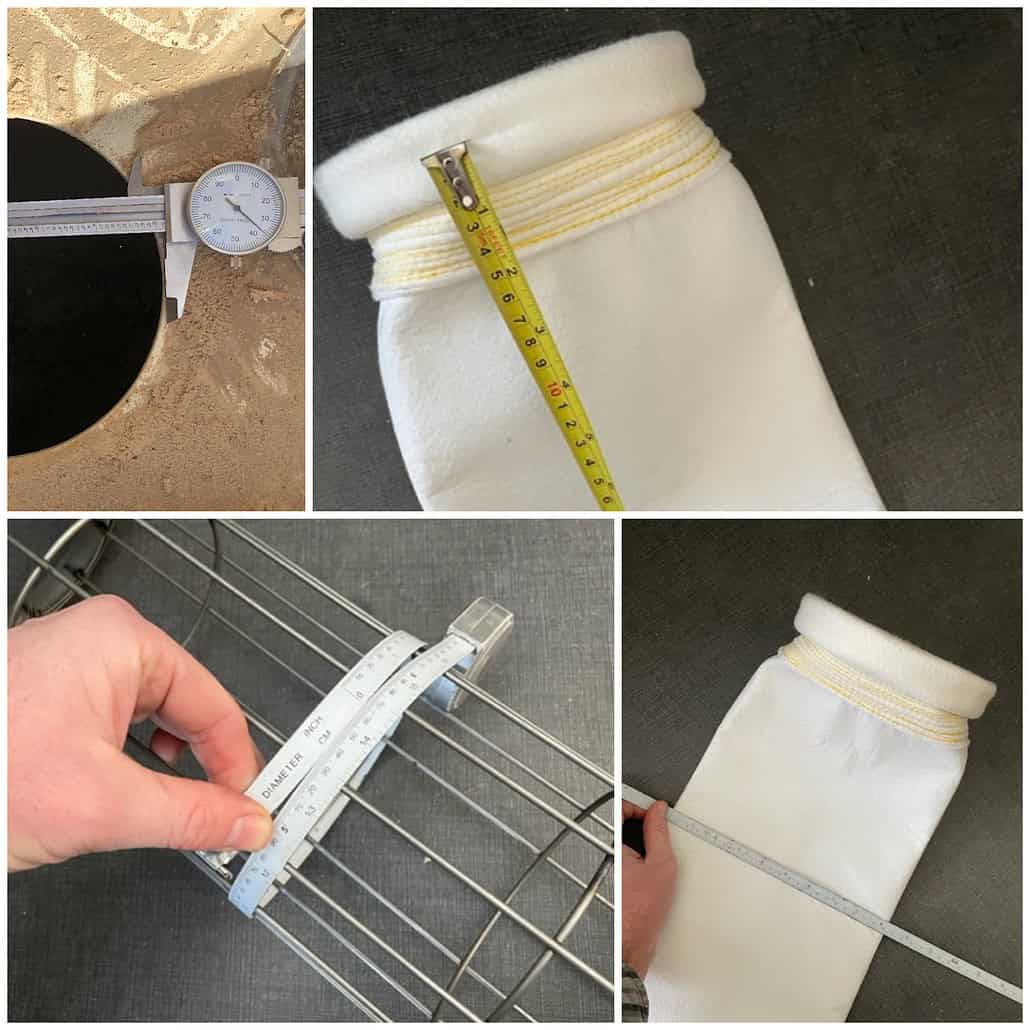A lead smelting facility has been ordered by the EPA to upgrade its existing pollution control technology, including its dust collection systems, and review operational procedures regarding environmental issues.
Arecibo, Puerto Rico – A lead smelting facility in the Commonwealth of Puerto Rico has been served with an order from the U.S. Environmental Protection Agency to reduce air and water pollution caused by its operations. The Battery Recycling Company, Inc. from Arecibo, Puerto Rico, is being forced to upgrade its existing facilities’ pollution control technologies, including a dust collection system used for the collection of highly toxic lead dust.
The Battery Recycling Company, a secondary lead smelter, recycles used motor vehicle batteries and produces approximately 60 tons of lead per day.
Inspectors found fault with reporting policies, and operation and maintenance of the facilities dust collection system. After stressing that the company needs to improve its handling of the toxic substances it processes to protect workers, their families, and the surrounding area, EPA Regional Administrator Judith A. Enck said: “The EPA legal action requires the Battery Recycling Company to improve its operations to protect people’s health and the environment. Our work is not done. EPA’s evaluation of the company’s compliance with federal environmental laws is active and ongoing.”
The plant which is regulated by both the Puerto Rico Environmental Quality Board (EQB), and the EPA, has been ordered to improve monitoring and reporting operations in addition to taking preventative actions and making operational improvements. The company was cited by the EPA and the EQB for having installed and tested new pollution control equipment on two of its furnaces in both 2007 and 2010 without notification. These points are significant because operational and physical changes occurred which increased the amount of pollution the facility generates. In addition, the inspectors found that the leak detection system in place to alert plant personnel of a of potentially devastating fugitive lead emissions was not fully operational. The inspectors also that the main rotary air lock on one of the dust collection system was not functioning at full capacity and was allowing lead dust to escape into the atmosphere.
Lead is a toxic metal that can cause damage to a child’s ability to learn and a range of health damage in adults. Lead exposure can have serious, long-term health consequences in adults and children. Even at low levels, lead in children can cause I.Q. deficiencies, reading and learning disabilities, impaired hearing, reduced attention spans, hyperactivity and other behavior problems. Lead exposure can also cause health problems in pregnant women and harm fetuses.
The company has been ordered to ensure the proper operation of its leak detection system at all times to prevent fugitive lead dust emissions. Daily particulate readings must take place at each of the dust collection system’s Baghouses, and be recorded to ensure the facility is complying with all applicable air regulations concerning lead and other substances released into the air. Additionally, they must provide results from 2010 performance tests conducted to assess the efficiency of the facility’s pollution control systems on two of its furnaces to the EPA, and update its existing pollution control models and send these for review with the EPA.
About the Author
| Dominick DalSanto is an Author & Environmental Technologies Expert, specializing in Dust Collection Systems. With nearly a decade of hands-on working experience in the industry, Dominick’s knowledge of the industry goes beyond a mere classroom education. He is currently serving as Online Marketing Director & Content Manager at Baghouse.com. His articles have been published not only on Baghouse.com , but also on other industry related blogs and sites. In his spare time, Dominick writes about travel and life abroad for various travel sites and blogs.






